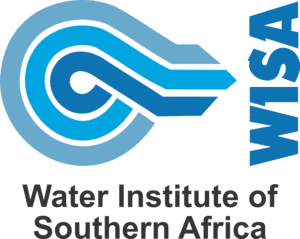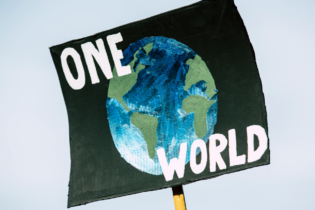 The Water Institute of Southern Africa (WISA) is set to host the WISA Biennial Conference and Exhibition 2018 in Cape Town from 24 to 27 June 2018.
The Water Institute of Southern Africa (WISA) is set to host the WISA Biennial Conference and Exhibition 2018 in Cape Town from 24 to 27 June 2018.
Under the theme
Breaking barriers, Connecting ideas the conference seeks to address past, existing and future water resource challenges by promoting collaboration, cooperation and integration within the water sector.
Amid growing concerns around the impact of climate change, and the threat of more extreme weather events, the Southern African region faces increased uncertainty and vulnerability regarding water supply. This makes the 2018 event all the more timeous, not least because the host city is facing its own drought and water-security troubles notes Jason Mingo, WISA 2018 Technical Committee chair and project manager in the Western Cape Department of Environmental Affairs and Development Planning.
“The conference, while hosted every two years, is especially relevant given the attention and focus placed on water in terms of its scarcity across the Southern Africa region,” says Mingo. The development of new technologies, processes and advancements in research during this time means that there has never been a more exciting time to be involved in the water sector.”
Working beyond existing mandates
Similarly, the Conference theme speaks to the current state of the water sector. “And not only at a local and regional scale, but the attempts being made even at a global scale, where the water sector needs to broaden the involvement and connection to a number of different sectors and disciplines to ensure safe, equitable and quality access to water and sanitation,” Mingo adds.
The importance of water management in ensuring and contributing to resilience, sustainability and liveability for cities and continued growth of the economy, requires integration of both disciplines and sectors, including government, corporate and communities.
As such, the conference aims to promote, inspire and demonstrate the value of working beyond existing mandates and perceived restrictions. While an emphasis is placed on Southern African case studies and research, international examples applicable to the Southern African context are welcome.
Identifying international and regional collaborations
As per the theme, the Conference is targeting both water professionals and those professionals who are interested and involved in some way with the water sector to provide a networking platform. In addition, the Conference will feature a diversity of forums, presentations and workshops to engage on new ideas, to enable the connection of such ideas to become a reality and drive positive change within the filed.
The range of international keynote speakers will also provide some context in terms of benchmarking where the region – and WISA – stands. The Conference will also offer delegates a picture of the shared challenges faced by other regions across the world, with further opportunities to identify international and regional collaborations.
“The event aspires to be the turning point in how the water profession within the region considers its role within the broader society and to address the need of better integrating and collaborating across sectors and disciplines,” says Mingo. “By promoting and supporting concepts linked with theme, it is hoped that WISA 2018 will be the beginning of a new approach to the management of water.”
Importantly, the event is to have an open session to engage with the public directly to improve public understanding of WISA’s role and importance as the professional body for the water sector.
 The Water Institute of Southern Africa (WISA) is set to host the WISA Biennial Conference and Exhibition 2018 in Cape Town from 24 to 27 June 2018.
The Water Institute of Southern Africa (WISA) is set to host the WISA Biennial Conference and Exhibition 2018 in Cape Town from 24 to 27 June 2018.





